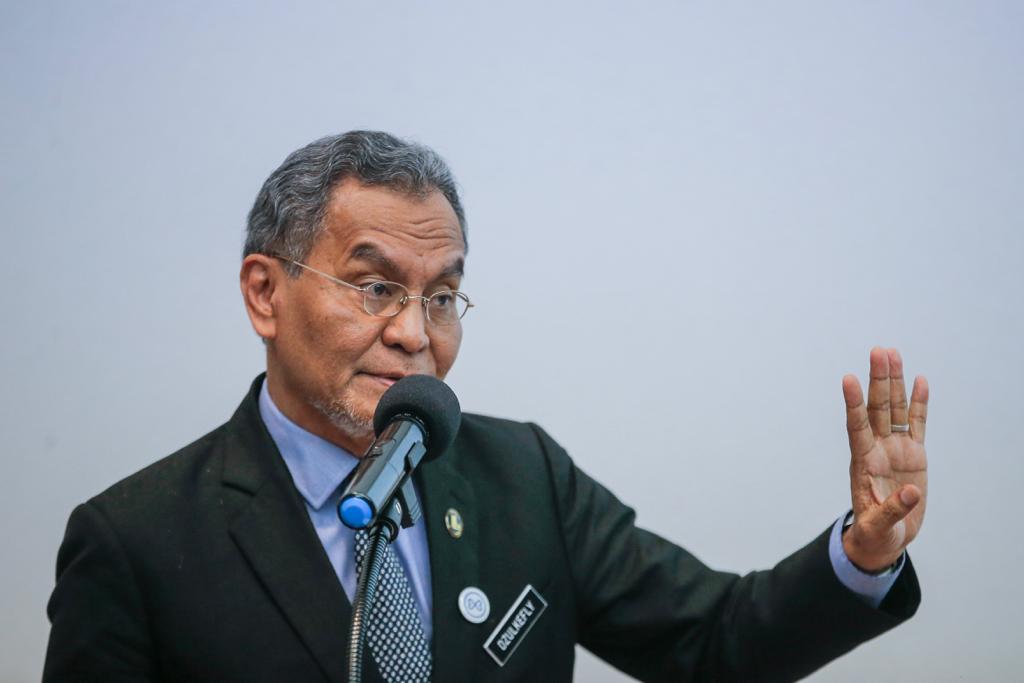KUALA LUMPUR, June 3 – Kuala Selangor MP Dzulkefly Ahmad today called for a national “medicine security” strategy to be devised to prevent future drug shortages in Malaysia, given the country’s current vulnerable position as a net importer of pharmaceutical products.
The former health minister told CodeBlue that the strategy should include plans for local production of active pharmaceutical ingredients (API) – the active components of a drug – and increased stockholding by local pharmaceutical manufacturers and importers.
“[We need to] assess the situation [and] understand the real problems. Are the shortages a local or worldwide issue, and are they in specific areas or diseases? What is the current stock status? Pharmaniaga Bhd is supposed to have a stockpile of at least three months.
“If [the issue is] local, manufacturers and importers need to increase stockholding and optimise stock management. Manufacturers can reassess their products by extending the expiration date – where possible – or adjust the packaging size,” Dzulkefly said.
The Parti Amanah Negara lawmaker said wastages of medicines should also be reduced by reconsidering prescription quantities and duration upon patients being reassessed.
“Use alternatives or substitution, if they are available. Pharmacists must also be efficient in stock management and dispensing (of medicine). Patients’ compliance should be improved, where possible,” Dzulkefly said.
Deputy Health Minister I Dr Noor Azmi Ghazali was earlier quoted by national news agency Bernama as saying that the country’s medicine supply was “under control” and that some original-brand medicine can be replaced with generics, if the former is unavailable.
However, pharmaceutical suppliers have attributed Malaysia’s medicine shortage – currently antibiotics and over-the-counter (OTC) drugs for fever, flu, and cough and cold – to global supply problems triggered by the two-month lockdown in Shanghai, China, and the Russia-Ukraine war.
This means that not only are Malaysia’s imports of finished pharmaceutical products affected, but also generics produced by local manufacturers, including Pharmaniaga, as medicines manufactured in Malaysia depend on imported APIs and pharmaceutical intermediates (chemical compounds that form the building blocks of APIs).
According to the Malaysian Association of Pharmaceutical Suppliers (MAPS), Malaysia’s entire supply of finished pharmaceutical products are either directly imported, or indirectly imported through the import of APIs and pharmaceutical intermediates for local manufacture.
Both have been disrupted due to the Shanghai lockdown and the Russia-Ukraine War, amid a surge in local and global demand for medicines.
MAPS executive director Dr Choe Tong Seng said there are only two small local API suppliers in Malaysia, both of which lack scale and product range.
Meanwhile, Subang MP Wong Chen said taking stock of limited global supplies – both for medicine and food – the government should be more fiscally responsible by fighting corruption and wastage, as well as reduce its non-essential projects.
“Whatever money saved by the government can then be deployed to pay and subsidise for higher costs of imported medicine,” Wong Chen told CodeBlue.
“The government must also start a campaign to encourage healthier public lifestyles as preventive measures,” he added.
Wong said people should be made aware that prevention is always better than cure, especially when medicine supply is disrupted and becomes more expensive.








